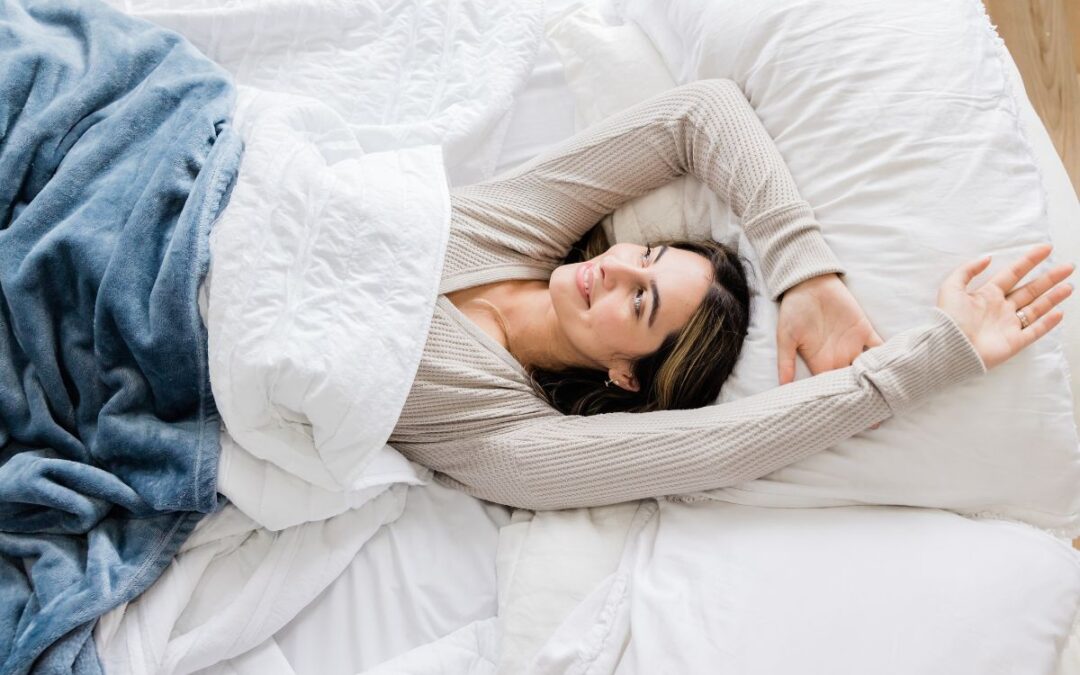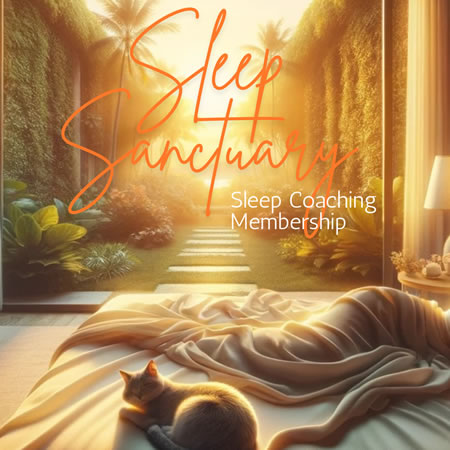How Much Sleep Do I Need? There are so many variations on this. And my answer is it depends.
There’s no single magic number that works for everyone. Your sleep needs shift with age, lifestyle, stress, hormones, and the season of life you’re in. But here’s what we know from both modern science and Ayurvedic wisdom:
General Guidelines
Most adults need 6–9 hours of sleep per night to function at their best. But that’s just the starting point.
- Children & Teens: 9–12 hours (they’re growing, learning, and integrating so much).
- Young Adults: 7–9 hours, though some thrive with closer to 10.
- Adults 30–60: 6–9 hours, but quality matters just as much as quantity.
- Older Adults (65+): 7–8 hours, though many experience lighter, shorter sleep cycles.
But here’s the nuance: two women may both sleep 8 hours, yet one wakes up energized and radiant, while the other still feels groggy. Why? Because not all sleep is created equal.
The Ayurvedic Perspective on Sleep
In Ayurveda, sleep is one of the three pillars of life—alongside food and energy management. It’s considered sacred medicine for body, mind, and soul. The Sanskrit word for sleep is Nidra, meaning “blissful rest.”
Ayurveda teaches that it’s not just how much you sleep, but when and how you sleep that matters.
Best Time for Sleep
- Ayurveda aligns with the natural cycles of the day. The ideal time to go to bed is between 10 p.m. and 6 a.m., when the body’s healing and rejuvenation powers are strongest.
- Sleeping beyond sunrise (especially past 6 a.m.) can create heaviness (Kapha imbalance), leaving you sluggish.
Dosha & Sleep Needs
- Vata types (airy, creative, sensitive): need more grounding and consistent sleep; bedtime by 10 p.m. helps settle their nervous system.
- Pitta types (fiery, driven, ambitious): benefit from cooling, calming rituals to fall asleep and may need 7–8 hours to feel restored.
- Kapha types (earthy, steady, nurturing): naturally love sleep but must avoid oversleeping, as too much can create dullness.
Seasons Matter
In Vata season (fall/early winter), we need more rest. In the Kapha season (late winter/early spring), we benefit from waking earlier and moving. Ayurveda always invites us to live in rhythm with nature.
Feminine Sleep: Why Women May Need More
As women, our sleep is even more nuanced. Hormonal changes (PMS, menopause, postpartum) affect how much sleep we need, and often, we need more than men to feel balanced.
- During menstruation, extra rest supports renewal.
- During high-stress seasons, the nervous system asks for deeper Nidra (sometimes even naps).
- In perimenopause and menopause, cooling rituals and nighttime grounding herbs (like brahmi or shatavari) are essential.
So the real question becomes not just “how many hours,” but “what is the most healing rhythm of sleep for me?”
When I feel a buzz of creativity, I sleep less. Creation gives us energy.
Signs You’re Getting Enough Sleep
Ayurveda and science agree that you’re well-rested if:
- You wake up naturally, without an alarm (or at least without dread).
- Your digestion feels balanced.
- Your mind is calm and focused.
- Your mood feels steady and light, not irritable and reactive.
- You fall asleep within 15–20 minutes of lying down.
If this isn’t your reality yet, it doesn’t mean something is wrong with you. It simply means your body is asking for more love, rhythm, and ritual.
The First Step: Honoring Sleep
Instead of obsessing over hours, start to see sleep as a sacred daily practice. Deep, consistent sleep is the foundation for beauty, longevity, clarity, and joy.
Try this tonight:
- Be in bed before 10 p.m.
- Dim the lights and avoid screens for at least an hour.
- Sip warm milk with nutmeg or turmeric.
- Place your hands on your belly and heart, breathing into stillness.
This is lifestyle medicine. When you honor sleep, your life begins to transform.
That’s what we explore inside the Sleep Sanctuary. We dive into feminine rhythms, Ayurvedic rituals, and sacred practices that don’t just help you sleep more but help you be your best awake.
Join me inside the Sleep Sanctuary and discover your personal rhythms and how good it feels to finally be fully rested.
But the real question isn’t only how many hours—you’ll also want to know when is the best time to sleep. That’s what we’ll explore in Part 2 [click to part 2]



